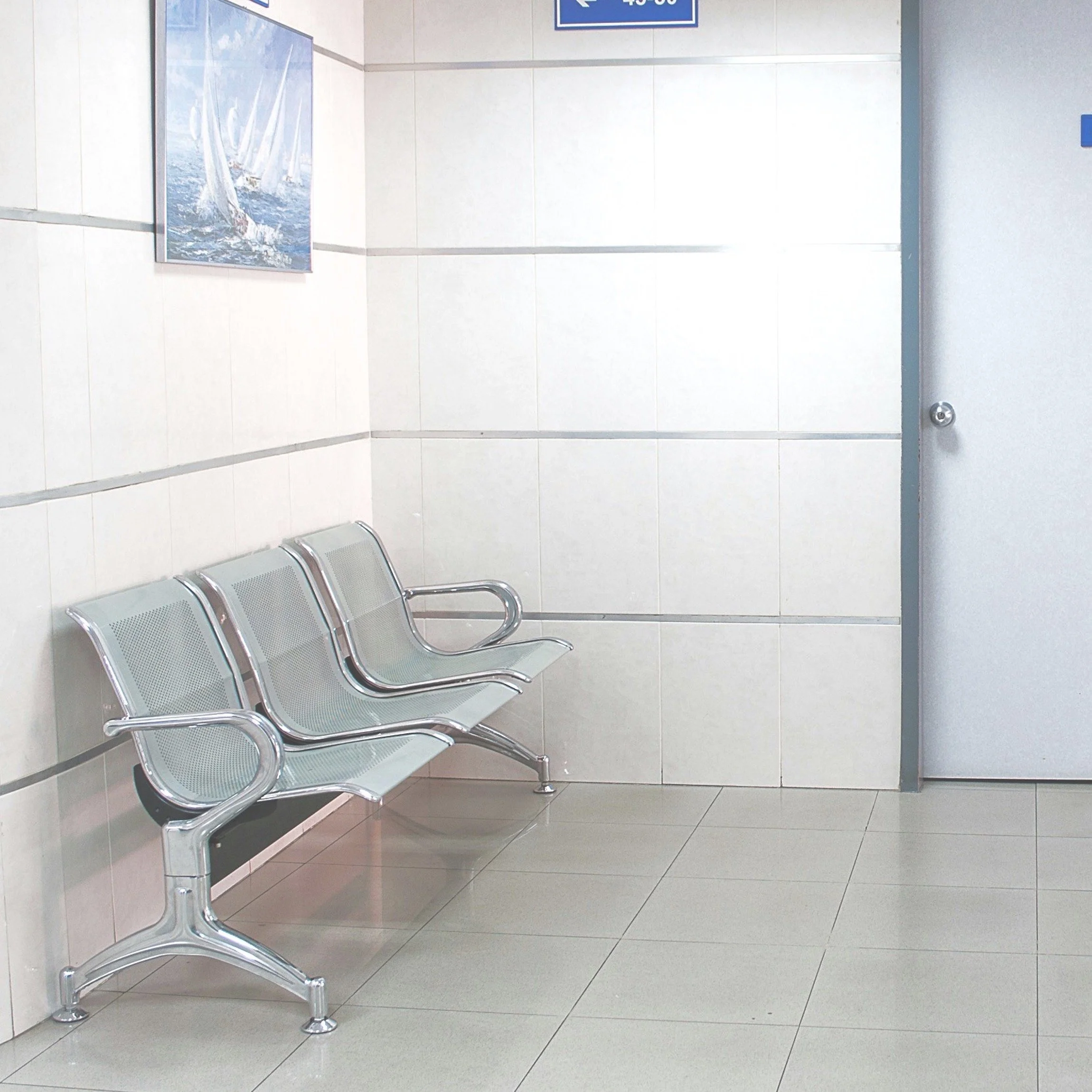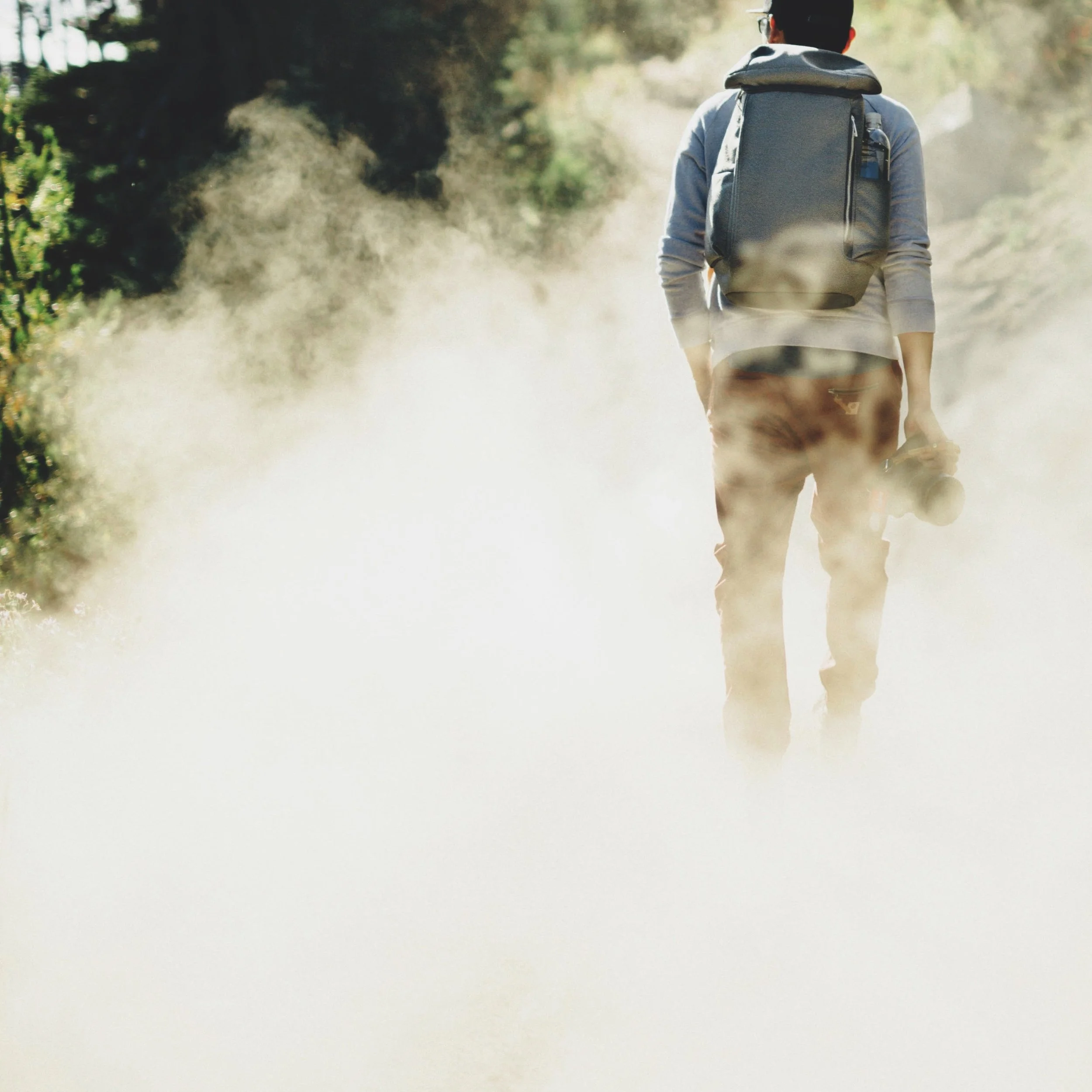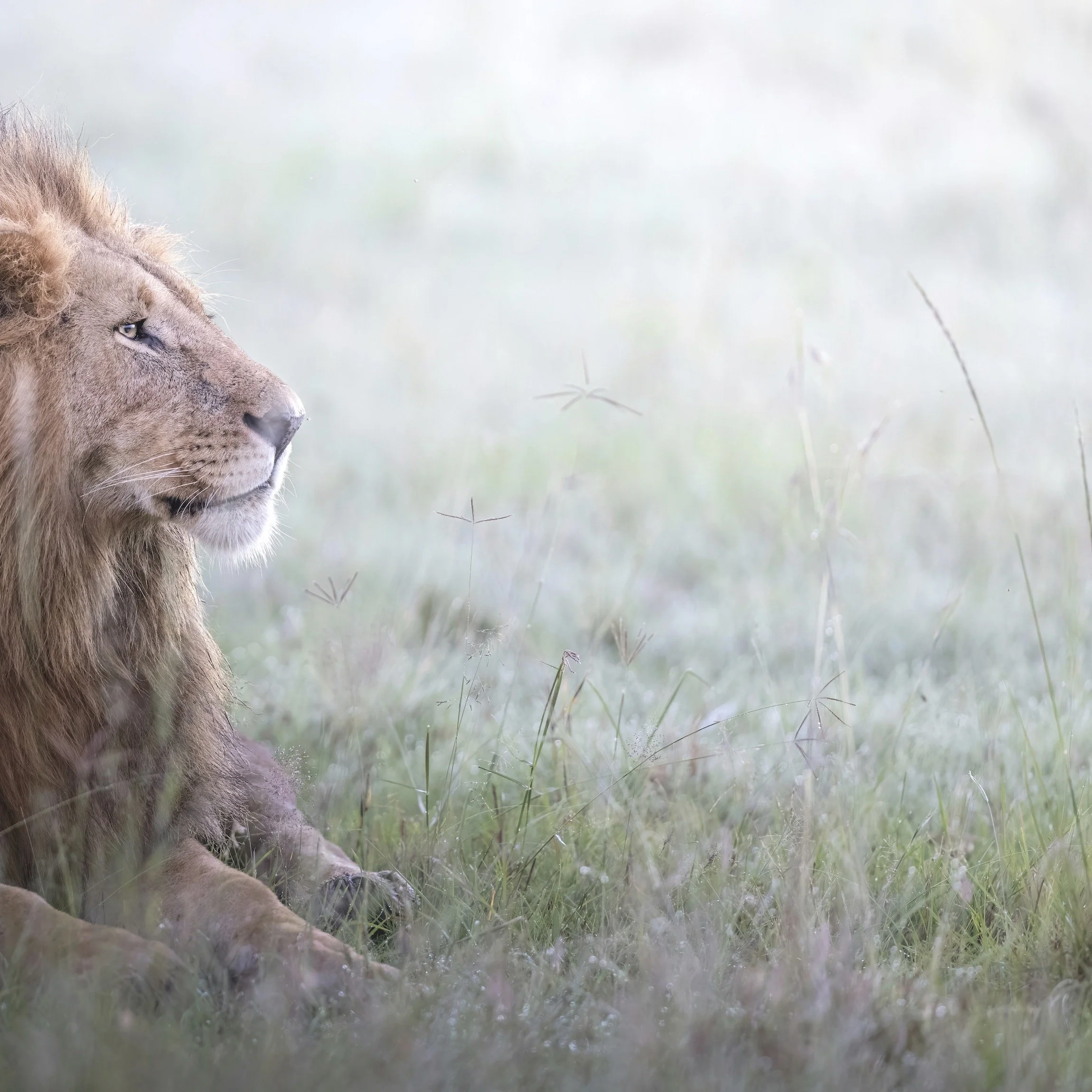On Not Knowing
Getting too deep into statistics is like trying to quench a thirst with salty water. The angst of facing mortality has no remedy in probability.
– Paul Kalanithi
Last week, a routine screening mammogram turned up an area highly likely to be cancer. No mass, no symptoms, just a cluster of calcifications—a burst of delicate astral whiteness against the dark screen—that shouldn’t have been there. They slated it into the highest category of risk, scheduled me for a biopsy, and I was left to wait, which of course means I went home and looked up the statistics like every doctor knows not to do. Chance of malignancy: fifty to ninety-five percent.
It's hard to know what to do with a thing like that. It means everything and nothing. You don’t know whether to suddenly go do all the things you’ve wanted to do, or just be resolutely normal. I remembered something I heard once while learning how to discuss risks with patients back in medical school: for any one person, the outcome is either 100% or 0%. Statistics are meaningless in the end.
Our kids, who are aware of what’s going on, act surprisingly normal. Is Mommy going to die? our youngest asked, which my husband took in the imminent and not metaphysical sense. No, he replied, she might just have to go through some treatments—upon which she returned to constructing a miniature table of food made of paper and tape for a stuffed ear of corn (a perfectly logical thing to do, and yes, the corn is named Corny).
My husband, meanwhile, is trying to pretend he’s not worried. We go about our lives as usual, except that he’s unusually hover-y. Every few hours he asks me if I’m okay, until I realize that he’s really asking for himself. My mom reads articles online; my dad quotes me a Psalm. Everyone processes in their own way. It’s like we’re all living under the spectral shadow of something that might rear its head and change our lives, or might fade away into nothing. It’s impossible to know which.
That’s just it, isn’t it? We want to know. And the lack of it, the uncertainty, is like a giant band-aid being ripped off, exposing the cosmic reality of our ignorance. Whether or not I have cancer does not change the fact that I will die someday, at some unknown time. It just brings that truth into an uncomfortable and uncanny focus. In the end, the control we imagine we exert over our lives is an illusion. We are all laboring under the certain fact of our own mortality, and our ultimate inability to control it.
A phrase from my theology class comes to mind: fides quarens intellectum. Faith seeking understanding. My textbook tells me that Anselm of Canterbury coined this phrase back in the eleventh century to describe “the process by which someone who comes to trust God begins to explore the intellectual landscape that this implies.” I do trust in God, but being in this unknowing place feels like an exploration in the landscape of my belief, a tracing of its contours in my mind and emotions. Sounding out what it means when perhaps nothing but perhaps everything is at stake.
Some moments, that feels great; I am sure my faith is more real than ever, come what may. Other moments, I’m confused and it’s all surreal and I just want the biopsy results now and I can only take solace in mindless distractions or intense rationalizations. But most of the time, I’m like someone feeling my way along in the dark, one bit at a time. I don’t know, I can’t know, and I know this is not merely the moment in which I find myself but a deep truth of life and the exact space in which faith must live and find its understanding. So I go on, and make my tea, and see my patients, and read my textbooks, and take care of the house and the kids, and nothing’s changed, and everything’s changed.






